Russia on Tuesday ordered a six-month ban on gasoline exports from March 1 to keep prices stable amid rising demand from consumers and farmers and to allow for the maintenance of refineries in the world's second-largest oil exporter.
The ban, first reported by Russia's RBC news network, was confirmed by a spokeswoman for Deputy Prime Minister Alexander Novak, the Kremlin's point man for Russia's energy sector.
RBC, citing an unidentified source, said Prime Minister Mikhail Mishustin had approved the ban after Novak proposed it in a letter last week. A second source told Reuters the decision had been made but the decree had not yet been issued.
"In order to offset excessive demand for petroleum products, it is necessary to take measures to help stabilize prices in the domestic market," Novak was quoted as saying in his proposal by RBC.
Domestic gasoline prices in Russia are a sensitive issue for motorists and farmers in the world's biggest wheat exporter ahead of a March 15-17 presidential election, while some Russian refineries have been hit by Ukrainian drone attacks in recent months.
Russia and Ukraine have targeted each other's energy infrastructure in a bid to disrupt supply lines and logistics and demoralize their opponents.
The Kremlin has been working with Saudi Arabia, the world's biggest oil exporter, to keep prices high as part of the broader OPEC grouping which includes the Organization of the Petroleum Exporting Countries and key allies. Russia is already voluntarily cutting its oil and fuel exports by 500,000 barrels per day in the first quarter as part of OPEC efforts to support prices.
Last year, Russia banned gasoline exports between September and November in order to tackle high domestic prices and shortages.
According to Reuters, the new ban this time will not extend to member states of the Eurasian Economic Union, and countries and regions like Mongolia and Uzbekistan.
Meanwhile, U.S. Treasury Secretary Janet Yellen on Tuesday underscored the urgency of moving forward together with Western allies to unlock the value of frozen Russian sovereign assets to help Ukraine but said the U.S. had no "preferred strategy" on how to do so.
On the front line, Russian Defense Minister Sergey Shoigu said on Tuesday the Ukrainian army has lost more than 444,000 soldiers since the beginning of the conflict and has been daily losing more than 800 soldiers and 120 various armaments since the beginning of 2024. Ukrainian President Volodymyr Zelensky said earlier this week only 31,000 of his soldiers had been killed.








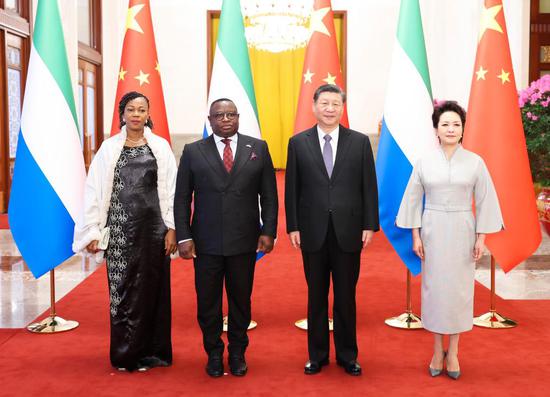

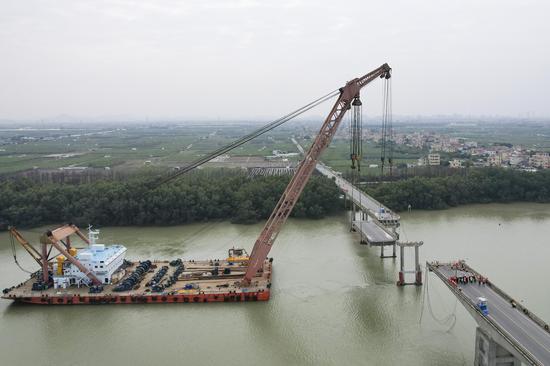
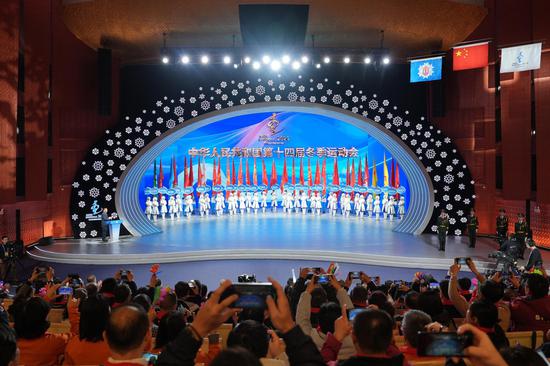
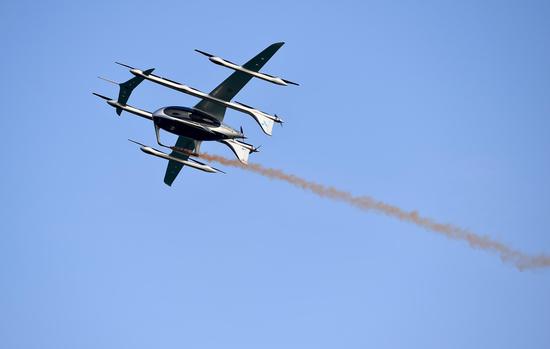
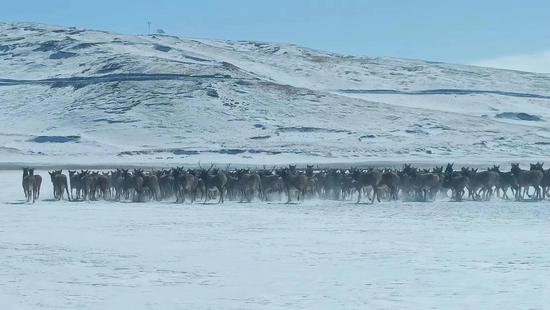


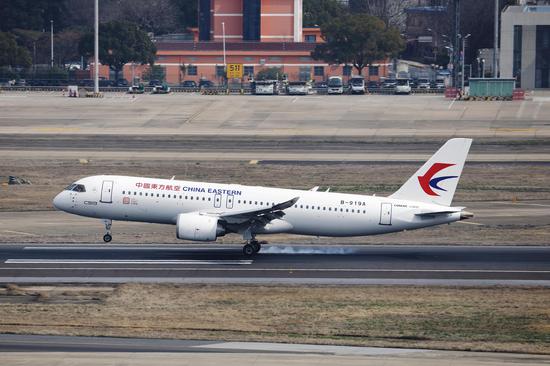
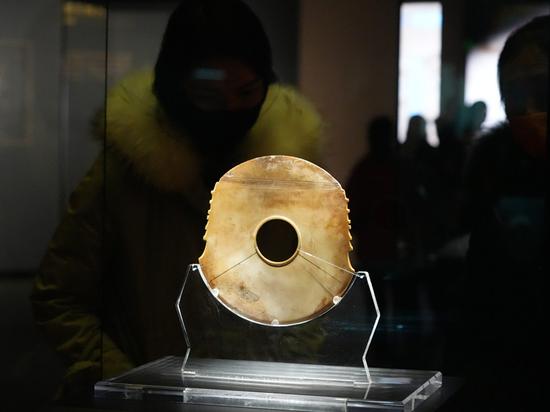



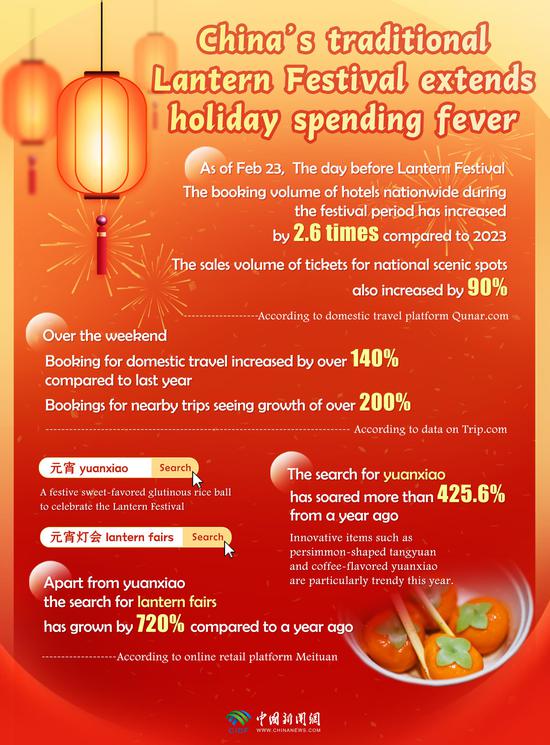
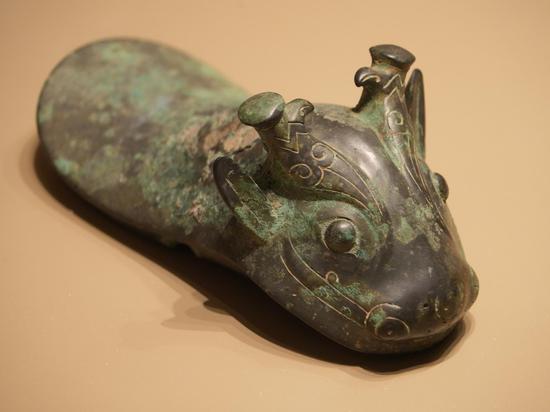

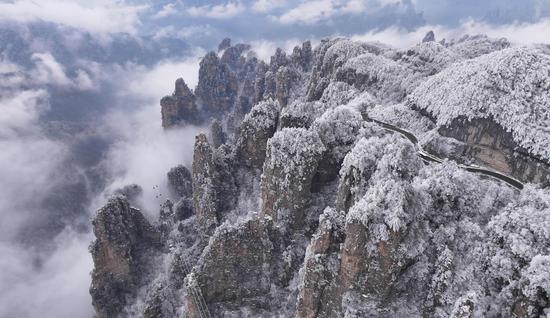



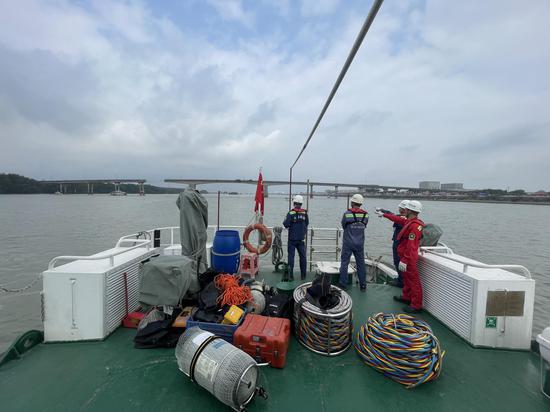


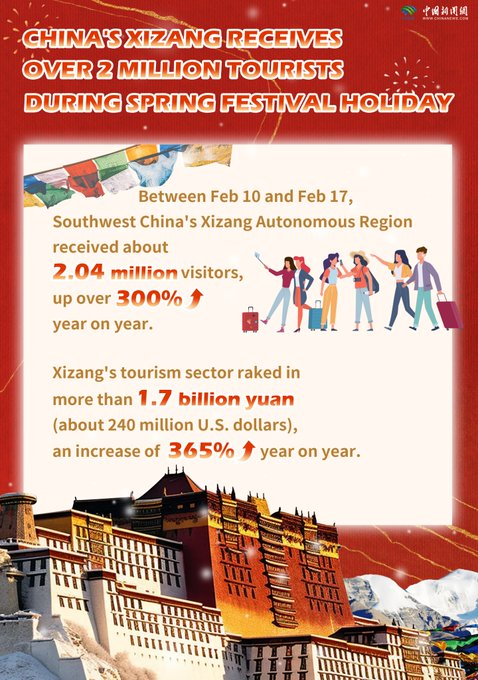
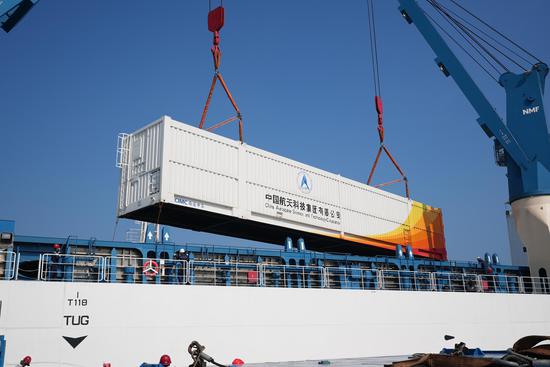
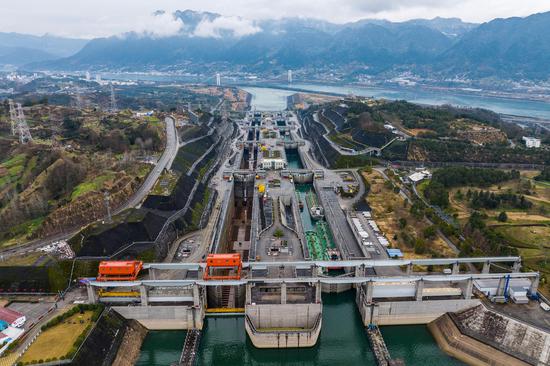




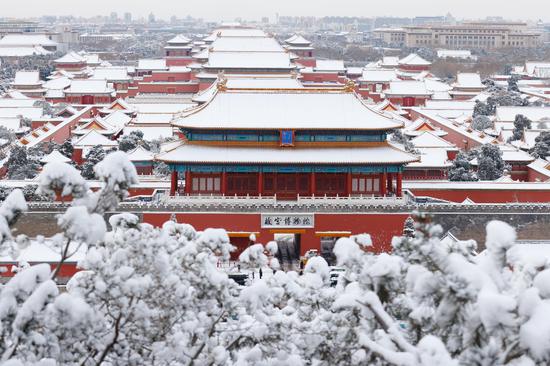

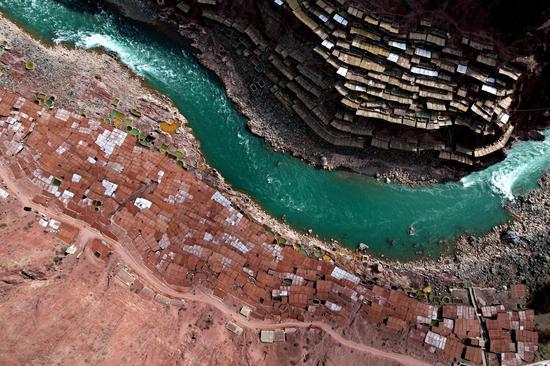

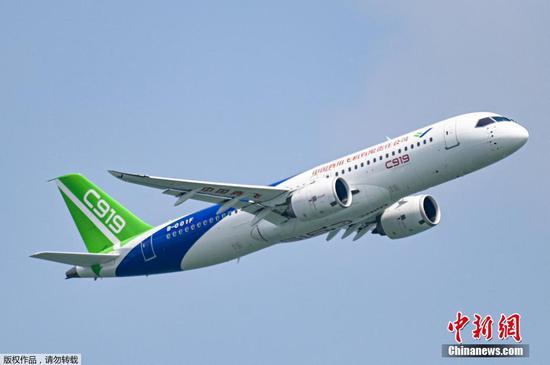







 京公网安备 11010202009201号
京公网安备 11010202009201号